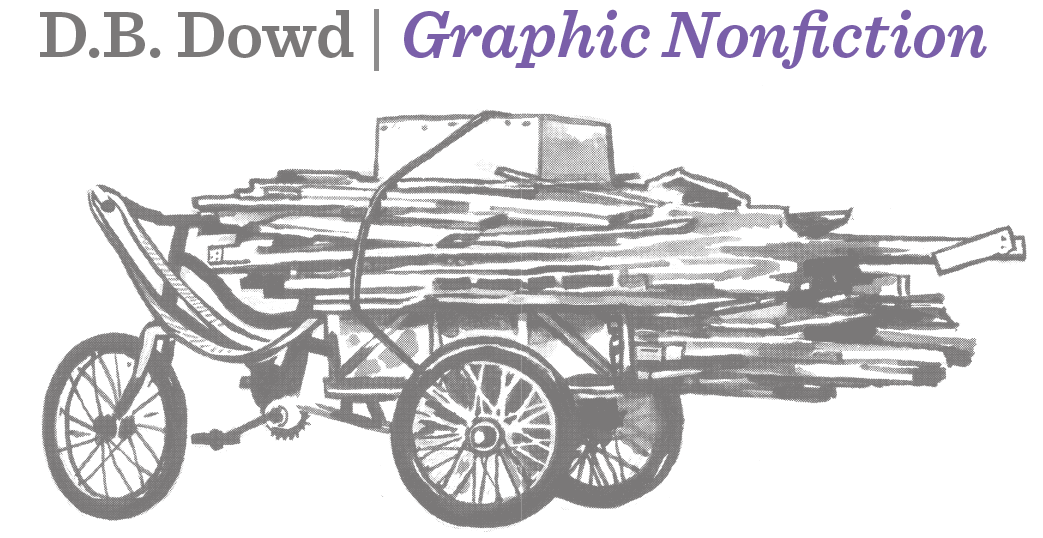Gatsby Lays a West Egg
Last night, I went to see an audiovisual presentation of The Great Gatsby, which some have mistaken for a movie. Seldom have I reacted so viscerally and negatively to a film. Rarely have I been trusted less as a viewer to put the narrative (and symbolic!) pieces together.
From the earliest moments, the film signals its contempt for the story–as opposed to What the Story Means. Ironically, Baz Luhrmann's film lacks a perspective on Fitzgerald's novel. It satisfies itself with spectacle and "updating," particularly musically. But for all that it's weak, because it leans too heavily on the text of the novel, read aloud to us by Nick Carraway from his sanitorium (a narrative conceit, marred by handwriting–then "typing"–superimposed on shots of the freaking sky). Really, I'm reduced to sputtering.
The pulsing green light on the Buchanans' dock is the very first thing we see, and between that and the maddening, crappy-looking billboard of the oculist, we are battered by symbols. That billboard
and the bleak landscape it overlooks are described in the novel thusly:
Occasionally a line of gray cars crawls along an invisible track, gives out a ghastly creak, and comes to rest, and immediately the ash-gray men swarm up with leaden spades and stir up an impenetrable cloud, which screens their obscure operations from your sight. But above the gray land and the spasms of bleak dust which drift endlessly over it, you perceive, after a moment, the eyes of Doctor T. J. Eckleburg. The eyes of Doctor T. J. Eckleburg are blue and gigantic — their irises are one yard high. They look out of no face, but, instead, from a pair of enormous yellow spectacles which pass over a nonexistent nose. Evidently some wild wag of an oculist set them there to fatten his practice in the borough of Queens, and then sank down himself into eternal blindness, or forgot them and moved away. But his eyes, dimmed a little by many paintless days, under sun and rain, brood on over the solemn dumping ground.
Leaving aside the heavy-handedness (which takes many forms, including mock-campy film tropes, like silhouetted men with shovels–leaden spades!–working on silhouetted mounds) I would like to say this: if you are going to spend this much time grabbing us by the ears and thrusting us before this billboard, for Christ's sake, would you please build the goddamn thing and paint and weather it? The synthetic crap in this film was too much to bear. CGI is a plague on the art of film.
Just find a mansion! A real mansion; not this ersatz digital Christmas ornament.
Oh, and the camera work. We zoom around like miniature drones in the pixelated falsity of this world. From the first moment, as the camera raced over Long Island Sound toward the Buchanans' mansion, I thought, I don't believe that water.
Weirdly, it recalled an extremely dim memory of a shot over water, skimming toward Miami Beach, in the opening sequence of The Jackie Gleason Show, circa 1964 or 65.
The best thing in the movie, by far, is Leonardo DiCaprio, who really is a persuasive Gatsby. (Joel Edgerton's Tom Buchanan is also very good, contemptible in-the-round; alas, Daisy and Nick are thinly realized.) Back to DiCaprio: I believed Daisy when she said he looked like "the Arrow Collar man," that actual, historical marketing franchise of J.C. Leyendecker outfitted with the visage of J.C.'s lover, Charles Beach.
The movie integrates the Arrow Collar man into its synthetic Times Square (top; complete with misspelled Ziegfeld Follies, though presumably that was corrected after this image got out, months in advance of the film.)
Leyendecker lived and worked in the 1920s illustrator's haven of New Rochelle, which hosted its own share of Gatsbyesque parties at the time. Norman Rockwell, then a successful up-and-comer doing business in New Rochelle, said as much. (I am mentally footnoting Laura Claridge's Norman Rockwell: A Life as I write that. Need to reread...)
Finally, the film makes a point of getting Tom Buchanan's racist musings about "the colored races" into the script, and then, despite the involvement of Jay-Z, makes no effort whatsoever to invest any humanity in the black house servants! Why not create minor character as a foil?
I could go on, but luckily for you (and me) the day has ended. (So I beat on, boat against the current, borne back ceaselessly into this ghastly Gatsby...)
